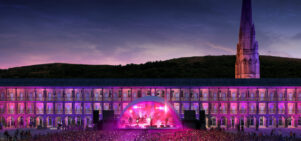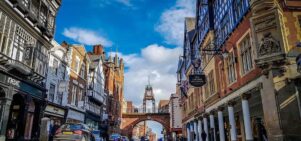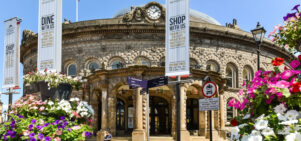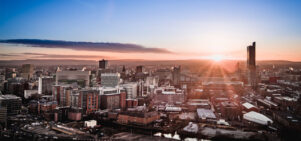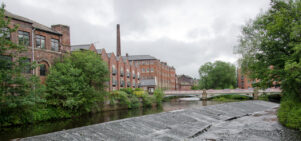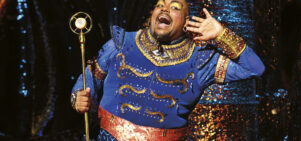The bees are back in town: Manchester Museum does its bit for the great British bee
Kate FeldThe fight to save our honeybees starts here: in the city’s museums and galleries, hotels and art projects.
Standing on the roof of Manchester Art Gallery, the city is a grey landscape of brick and concrete, an alien terrain of ducts, vents and chimneys. A pair of pristine white beehives looks about as out of place here as a Jersey cow in the ticket hall at Piccadilly Station. But the bees aren’t bothered. The spring sunshine has brought them out and they’re buzzing calmly about their business.
This summer, the bees are coming home. Admiring their famous work ethic, the Victorians adopted bees and beehives as the symbol of Manchester, and the insects are a common decorative motif on city buildings (once you start looking you’ll find them everywhere). Now, a handful of urban beekeeping initiatives from the city’s cultural institutions, combined with a widespread surge of interest in projects aimed at greening the city centre, seem destined to make 2013 the year the city finally does its buzzing mascot proud.
A pair of beehives looks as out of place here as a Jersey cow at Piccadilly Station
Manchester Art Gallery’s bees are tended by a group of well-trained volunteers from the gallery’s staff, and today I’m being shown around by John Peel, a collection officer who seems delighted that his job description now includes hive maintenance and honey harvesting. On the other side of the roof are the humble beginnings of a rooftop garden, with the first seedlings poking above soil in pallets and large tomato cans from the museum café. Peel tells me the gallery bees had a difficult first year; queen problems were followed by the coldest winter in decades, which killed off colonies all over the country. But the gallery bees have made it, and the second hive will shortly receive its new occupants. Last year they produced 64 jars of pale and delicate honey, and later this year the bees are expected to start earning their keep when the first jars go on sale in the gallery shop.
Likewise, Manchester Museum will soon be getting its first hive, and when renovation work is complete next year a hive will be installed atop the Whitworth. Bees are also part of the plans for Manchester International Festival’s Biospheric Project, which will see a derelict mill in Salford transformed into a farm and urban agriculture lab. Three hives will be sited on the roof, producing honey and helping to pollinate the farm’s plants in the process. (A beekeeping workshop will take place there on 7 July; check the festival website after the full programme is released 23 May.)
Happy bees Where bees are you need lots of flowers, and there’s good news on this front too. Plans are afoot for a River of Flowers in the city centre, a corridor of plantings on rooftops, parks and odd bits of unused land to ensure that city pollinators don’t have to forage too far. And urban gardening does seem to be something of a craze in Manchester. The Dig the City festival returns in August, bringing with it pop-up gardens and input from the likes of the National Trust and Royal Horticultural Society. Chef Simon Rogan is installing a rooftop garden at the Midland Hotel to grow produce for his two restaurants on site, The French and the forthcoming Mr Cooper’s House and Garden, a tribute to the vast private gardens which once stood on the site. The wonderful Manchester Garden City initiative has planted a mini-orchard in St. John’s Gardens, vegetable beds in Piccadilly Basin and at Church Street Car Park, which I was unaware of until I happened to be passing and saw someone deposit an armload of brush in a newly installed compost box (the country’s first composting multi-storey?) And the Red Rose Forest is leading a campaign to plant trees and hanging baskets in Stevenson Square, while another campaign aims to install vertical plantings on those ugly concrete walls in Piccadilly Gardens.
All this is good news. The English honeybee population has been halved in the last thirty years; a worst-case-scenario combination of habitat loss, extreme weather, mite infestations and pesticides. Bees don’t just make honey, they pollinate our crops, and if they go we’re all in big trouble. So it’s great to hear that the city’s doing its bit to help the bees. And a greener city centre is something we can all enjoy, bee, butterfly, bird or human. Put us down for a few jars of honey.

